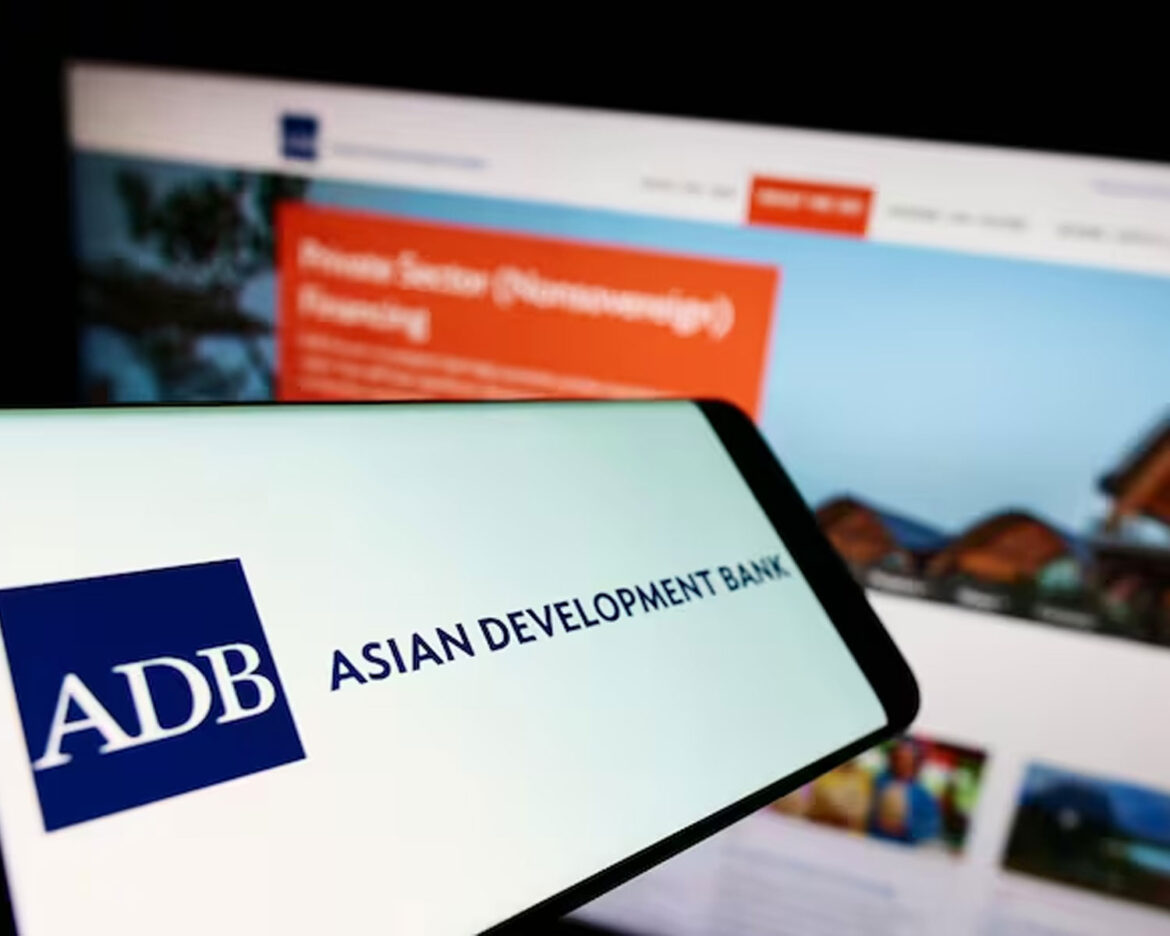Islamabad: The Asian Development Bank (ADB) has committed to providing Pakistan with $2 billion annually in new loans, as the country grapples with securing cheaper credit due to its deteriorating credit ratings. The assurance was given by ADB President Masatsugu Asakawa during discussions with Pakistani authorities, according to the Ministry of Economic Affairs.
From 2024 to 2027, the ADB will extend a total of $8 billion, with $1 billion annually offered at a fixed 2% interest rate through its concessional window. This concessional financing is notably cheaper than Pakistan’s recent borrowing agreements, which have ranged from 7% to 11%. The most recent deal struck by Pakistan’s finance ministry, a $600 million agreement at 11% interest, reflects the country’s increasingly difficult borrowing conditions.
Pakistan’s current economic challenges are compounded by poor credit ratings from three international agencies, further hindering its ability to access international capital markets. In comparison, the ADB’s concessional financing is cheaper than loans from the International Monetary Fund (IMF), whose Extended Fund Facility program charges around 5%.
During his visit, ADB President Asakawa inaugurated the foundation for ADB’s new resident mission building in Islamabad, highlighting the long-standing development partnership between ADB and Pakistan, which joined the bank as a founding member in 1966. Asakawa met with Economic Affairs Minister Ahad Cheema to discuss Pakistan’s reform agenda and reaffirmed ADB’s commitment to supporting the country’s economic recovery and development goals.
Prime Minister Shehbaz Sharif also met with the ADB president, underscoring the government’s dedication to implementing tough economic reforms aimed at achieving long-term stability. The premier and Asakawa witnessed the signing of two major loan agreements: $400 million for the Sindh Emergency Housing Reconstruction Project and $320 million for the Khyber-Pakhtunkhwa Rural Roads Development Project, both part of ADB’s flood commitments.
Looking forward, the ADB plans to focus on climate resilience, social sector investment, and developing climate-smart infrastructure in Pakistan as part of its new Pakistan Country Partnership Strategy for 2026-2030. The bank will also explore leveraging digital technology to drive inclusive growth and enhance government services.
The ADB’s continued support underscores the strategic importance of Pakistan, located at the crossroads of South, Central, and West Asia, in fostering regional economic integration and unlocking new trade and investment opportunities through the Central Asia Regional Economic Cooperation (CAREC) program.



